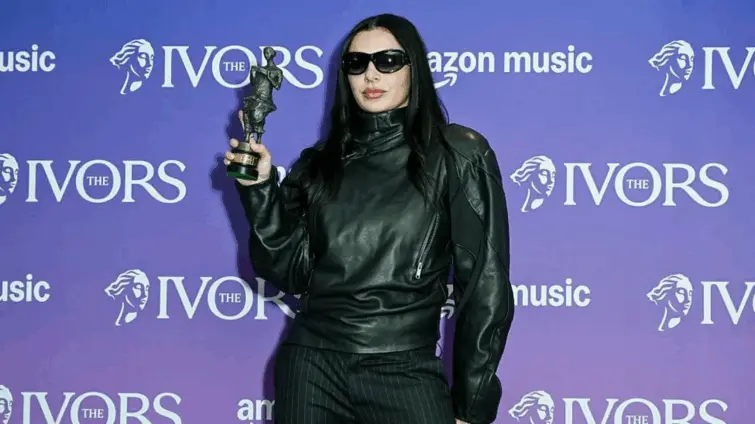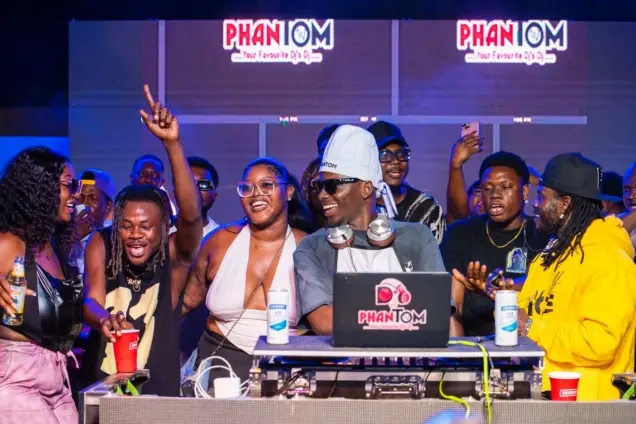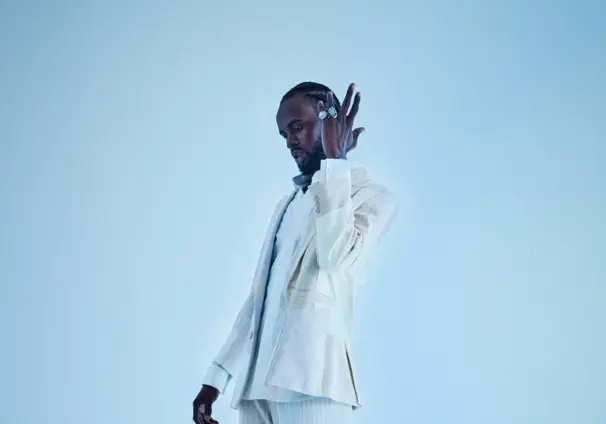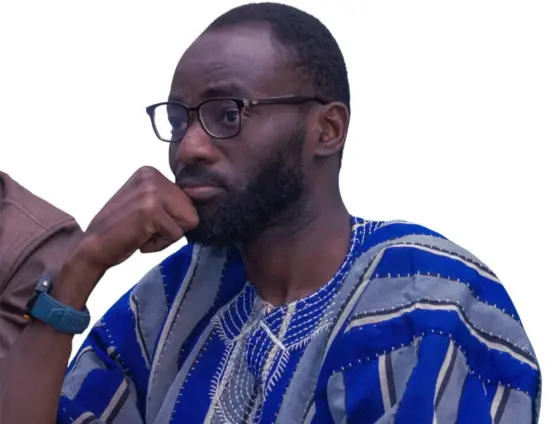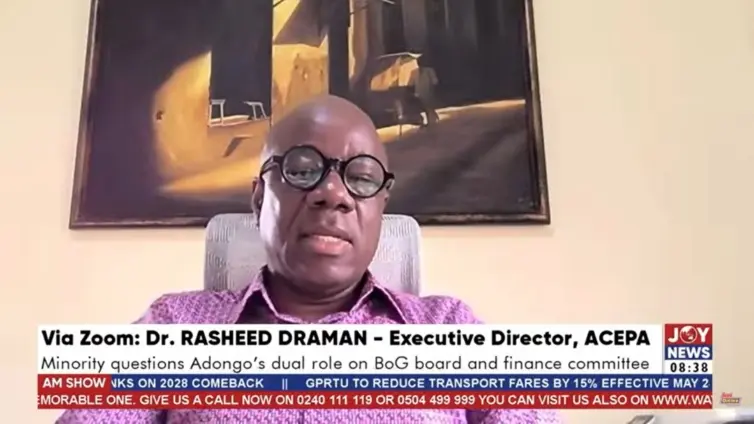The dream of a golden gramophone, the coveted symbol of musical excellence, shimmers on the horizon for a growing number of Ghanaian artists. Fresh off the heels of the Telecel Ghana Music Awards (TGMA), where the nation celebrated its homegrown talent, many are now turning their gaze towards the international stage, specifically, the Grammy Awards. For these musicians, the Grammys represent more than just a trophy; they signify global recognition, a validation of their artistry, and a bridge connecting Ghana’s rich musical heritage to a worldwide audience. This ambition is fueled by a burgeoning music scene, a wave of creative energy, and a deep-seated desire to showcase the unique sounds of Ghana to the world. Achieving Ghana Grammy recognition is increasingly becoming a central goal.
Ghana’s musical landscape is a vibrant tapestry woven from diverse threads, each contributing to the nation’s unique sonic identity.
Highlife, born in the early 20th century, stands as a cornerstone of Ghanaian music. This genre, a sophisticated fusion of Ghanaian melodies and rhythms with the harmonies of Western jazz and swing, became the soundtrack of a nation finding its identity. It laid the foundation upon which Ghana’s modern music industry was built.
Then came Hiplife in the 1990s, a dynamic blend of Highlife and hip-hop. Spearheaded by pioneers like Reggie Rockstone, Hiplife gave a voice to the youth, tackling social issues with raw honesty and bridging the gap between traditional sounds and contemporary styles.
Today, Afrobeats reigns supreme, achieving global dominance with Ghanaian artists playing a pivotal role in its rise. Artists like Black Sherif, with his innovative blend of drill music and Highlife influences, exemplify the genre’s ability to transcend boundaries and captivate audiences worldwide. As King Promise aptly stated, “For us, the Grammy is the ultimate validation…It shows the world that our music has a place on the global stage, and we are working hard to get there.”
But who are the Ghanaian artists most likely to capture the Recording Academy’s attention and bring home that coveted Grammy Award?
Several key elements are essential for any contender: musical creativity that pushes boundaries, international appeal that resonates with diverse audiences, high production value that meets global standards, and successful cross-cultural collaborations that amplify their reach.
One category of potential contenders includes lyricists and versatile artists known for their unmatched lyrical ability, versatility across genres, extensive catalogs of work, and deeply loyal fan bases. The question remains: Among the greatest lyricists with the most brilliant catalogues, who can truly capture the Recording Academy’s attention?
Then there are the Afrobeats and Dancehall powerhouses, known for their electrifying performances, provocative lyrics, seamless genre blending, and relentless global touring. Stonebwoy, with his award-winning Dancehall and Afrobeats albums, stands as a prime example. Among all these energetic live performers, who will captivate Grammy voters the most?
Innovative artists with strong fan connections also hold immense potential. These are the musicians who consistently push creative boundaries, experiment with new sounds, and forge collaborations that boost their global recognition. Shatta Wale, with his collaboration on Beyoncé’s “Already,” KiDi, with his “Say Cheese” remix featuring Teddy Riley, and Sarkodie, renowned for his high-quality production and profound lyrics, all fit this profile.
Finally, there’s a wave of rising talents, including Kuami Eugene, Efya, and Gyakie, all boasting powerful vocals and rapidly growing international profiles. For these artists, the key lies in continuing to push creative boundaries, releasing high-caliber music, and building strong global connections.
But what exactly does it take to win a Grammy? The Recording Academy emphasizes several key criteria.
Artistic excellence is paramount, encompassing innovation, originality, and creativity. Technical skill is also crucial, demanding high-quality production, mixing, and mastering. Cultural impact plays a significant role, assessing whether the music resonates deeply and shifts culture, whether locally or globally. Cross-genre appeal is valued, with recognition given to artists who blend genres effectively. Finally, international attention is a factor, encompassing collaborations, global touring, and international media presence.
The Best Global Music Album category specifically celebrates diverse genres from around the world outside the U.S., offering a potential avenue for Ghanaian artists to shine. However, the Grammy classifications have also faced criticism, with some arguing that African music is often underrepresented or miscategorized. The Recording Academy maintains that its mission is to spotlight exceptional music globally. As Recording Academy CEO Harvey Mason Jr. stated, “Music is about inclusivity. We don’t want to fence people out of genres. If we start deciding who can or can’t make a certain type of music, we lose the essence of creativity.”
Despite the immense talent and potential within Ghana’s music scene, significant challenges remain.
Infrastructure limitations, including limited access to world-class studios, weak distribution networks, and insufficient financing for international promotion and touring, pose significant hurdles. A report from GHAMRO highlighted improvements in production quality but noted that independent artists often lack access to international-standard facilities.
Global visibility hurdles also exist, stemming from a lack of backing from major labels and influential media platforms. Furthermore, the Grammy categorization debate continues, with questions raised about whether labels like “World Music” or “Global Music” truly do justice to the nuances and complexities of African music.
However, there have been recent efforts to promote inclusivity, such as the introduction of the Best African Music Performance category in 2023.
The reasons why the Grammy remains elusive for many Ghanaian artists are multifaceted.
Historically, the global music industry has been dominated by Western perspectives, creating inherent biases. Financial constraints, including a lack of investment for large-scale promotion and global distribution, further limit opportunities. Cultural barriers, such as language and cultural differences, can sometimes hinder international appeal. Finally, the Grammy Awards are fiercely competitive, with artists from around the world vying for recognition. As one Ghanaian producer stated, “The financial investment needed for international promotion is a huge hurdle for many of us…We have the talent, but sometimes not the resources to compete on a truly global scale.”
Despite these challenges, Ghana’s Grammy outlook is one of building momentum and increasing optimism.
The nation’s music scene is dynamic and constantly evolving, with new artists and sounds emerging regularly. The Telecel Ghana Music Awards (TGMA) provide valuable exposure and credibility for Ghanaian artists, helping to raise their profiles both domestically and internationally. Data from MUSIGA indicates an increasing number of professional recording artists in Ghana, signaling a growing and maturing music industry.
The path to Grammy success requires Ghanaian artists to continue raising the bar creatively, forging strong artistic partnerships, and connecting with audiences on a global scale. Ultimately, a Grammy win for a Ghanaian artist would be more than just a personal achievement; it would be a celebration of African culture, identity, and creative excellence.
Ghanaian musicians are brimming with talent and potential, poised to make a significant impact on the global music stage. While challenges remain in terms of infrastructure, funding, and industry biases, the passion, creativity, and determination of Ghanaian artists are undeniable. By continuing to push creative boundaries and build international connections, the future looks promising for Ghana’s Grammy hopefuls, bringing recognition to their artistry and celebrating the vibrant musical heritage of Ghana. The journey to the Grammys continues, fueled by the desire to represent Ghana on the world’s biggest stage.
Image Source: MYJOYONLINE


